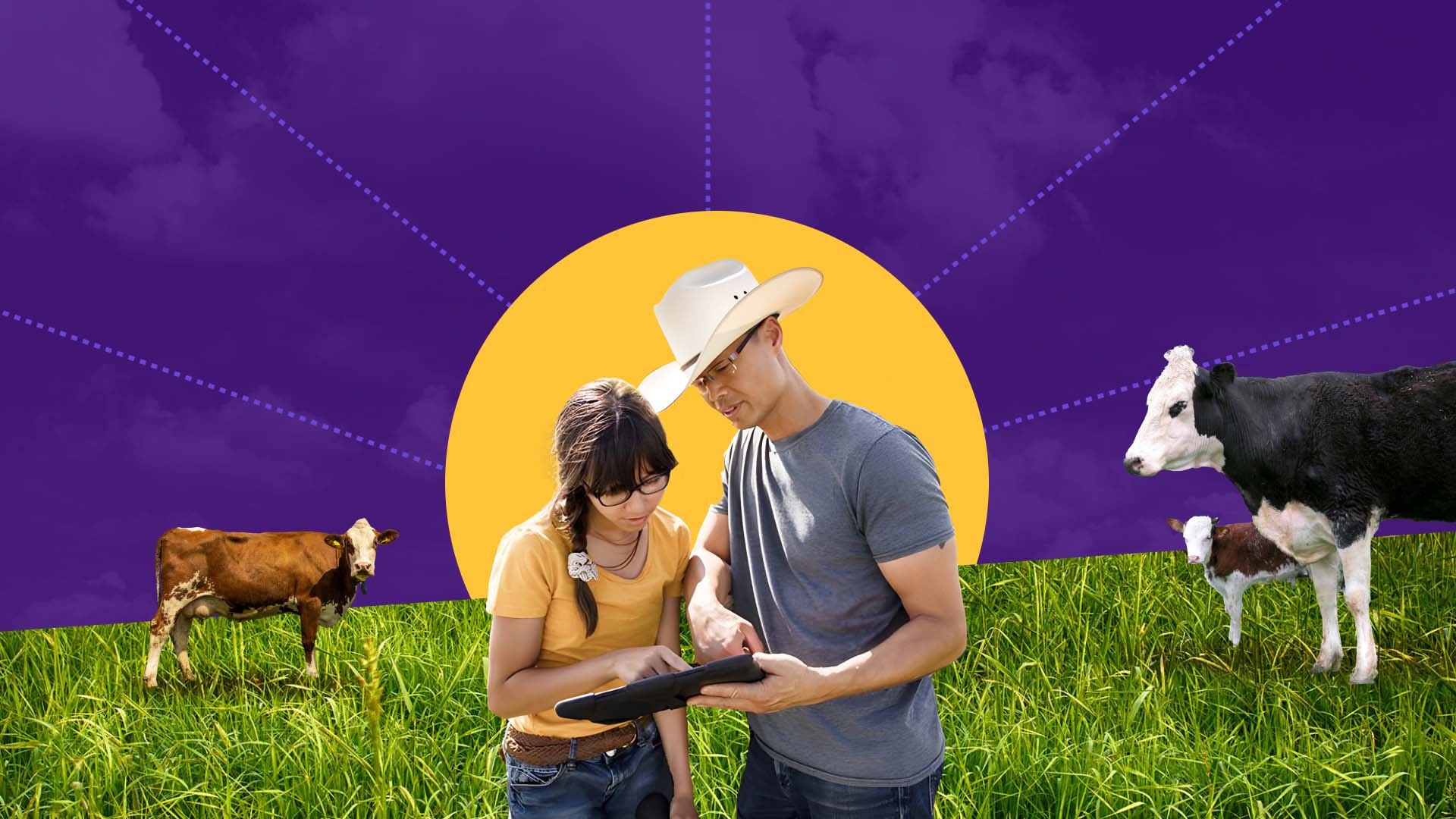
Jury
Juries are an important part of the challenge process to assess and adjudicate applications. The jury will provide AAFC with both independent and collaborative assessments based on their individual expertise and experience for the selection of prize recipients at each of the three stages. They ensure impartiality and maintain a high level of credibility to the challenge process.
All jury members declare their affiliations and interests prior to their participation, and are supported by the challenge team to prevent situations that could give rise to a real, apparent or potential conflict of interest throughout the duration of their participation on the jury.
Meet the Jury

Karen Beauchemin
Lethbridge, Alberta
Karen Beauchemin is a retired federal scientist in Canada who is recognized as an international authority on methane emissions and ruminant nutrition. Her research helps develop farming techniques that improve how we raise cattle for meat and milk, while reducing the environmental impacts of livestock production. The work of Karen and her colleagues has led to Agriculture and Agri-Food Canada being recognized as a world leader in measuring greenhouse gases and in developing strategies to reduce emissions from agricultural activities including from livestock production.

Cedric MacLeod
Fredericton, New Brunswick
As a farmer, agrologist and consultant, Cedric MacLeod has contributed significantly towards progressing Canada’s agricultural industry in farm business management practices and specifically, in ensuring a future for Canada’s young farmers. Cedric is the executive director of the Canadian Forage and Grasslands Association, chair of the New Brunswick Cattle Producers, and leads his agri-environmental consulting business, MacLeod Agronomics.
Cedric works one-on-one with producers, focusing on greenhouse gas reduction and renewable energy projects. Cedric also works tirelessly to increase awareness and adoption of these beneficial management practices on Canadian farms, and particularly with young farmers.

Jorge Daniel Taillant
Montreal, Quebec
Jorge Daniel Taillant is currently serving as the tenth Executive Director of the Commission for Environmental Cooperation (CEC) of the North American CUSMA/USMCA agreement, promoting collaborative actions to protect the environment and advance policies to more effectively address climate change. He is a seasoned global advocate in the field of environment and human rights protection and corporate accountability, and has worked with numerous actors, including international development agencies such as the World Bank, as an advisor to governments and with civil society organizations in Latin America and around the world. He has done extensive work on glacier and permafrost protection and is the Founder and former director of the Center for Human Rights and Environment. Born in Argentina, raised in California, he now lives in Montreal.
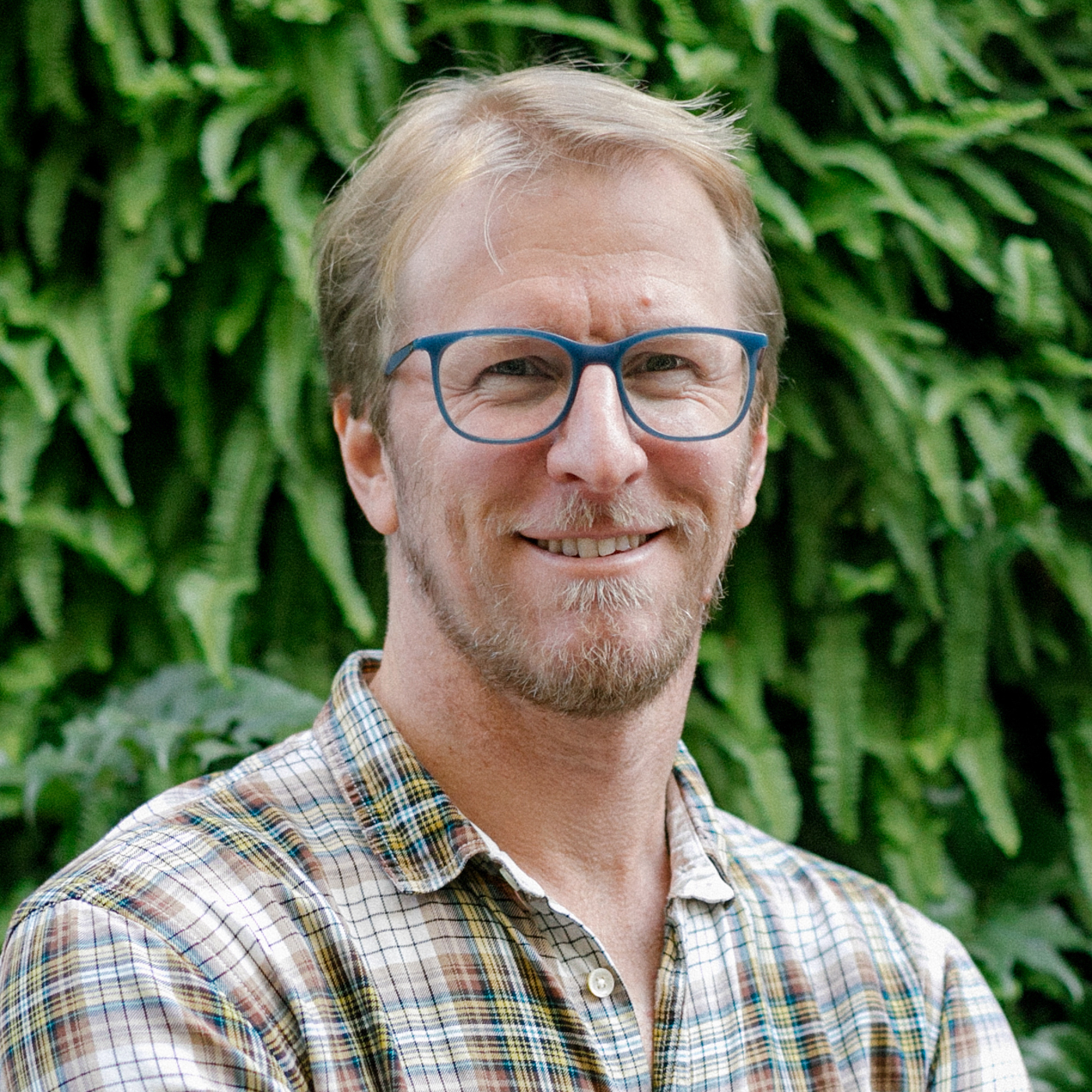
Hayden Montgomery
Montevideo, Uruguay
Hayden Montgomery is the Agriculture Program Director at the Global Methane Hub – a global alliance of more than 20 leading philanthropies committed to reducing global methane emissions by more than 30% by the year 2030. Previously, he was the Special Representative of the Global Research Alliance on Agricultural Greenhouse Gases, representing the 65 member countries in all international fora and coordinating research between countries and partner organizations. Prior to that, he served as New Zealand’s Ambassador to Argentina, Paraguay and Uruguay from 2013 to 2016.
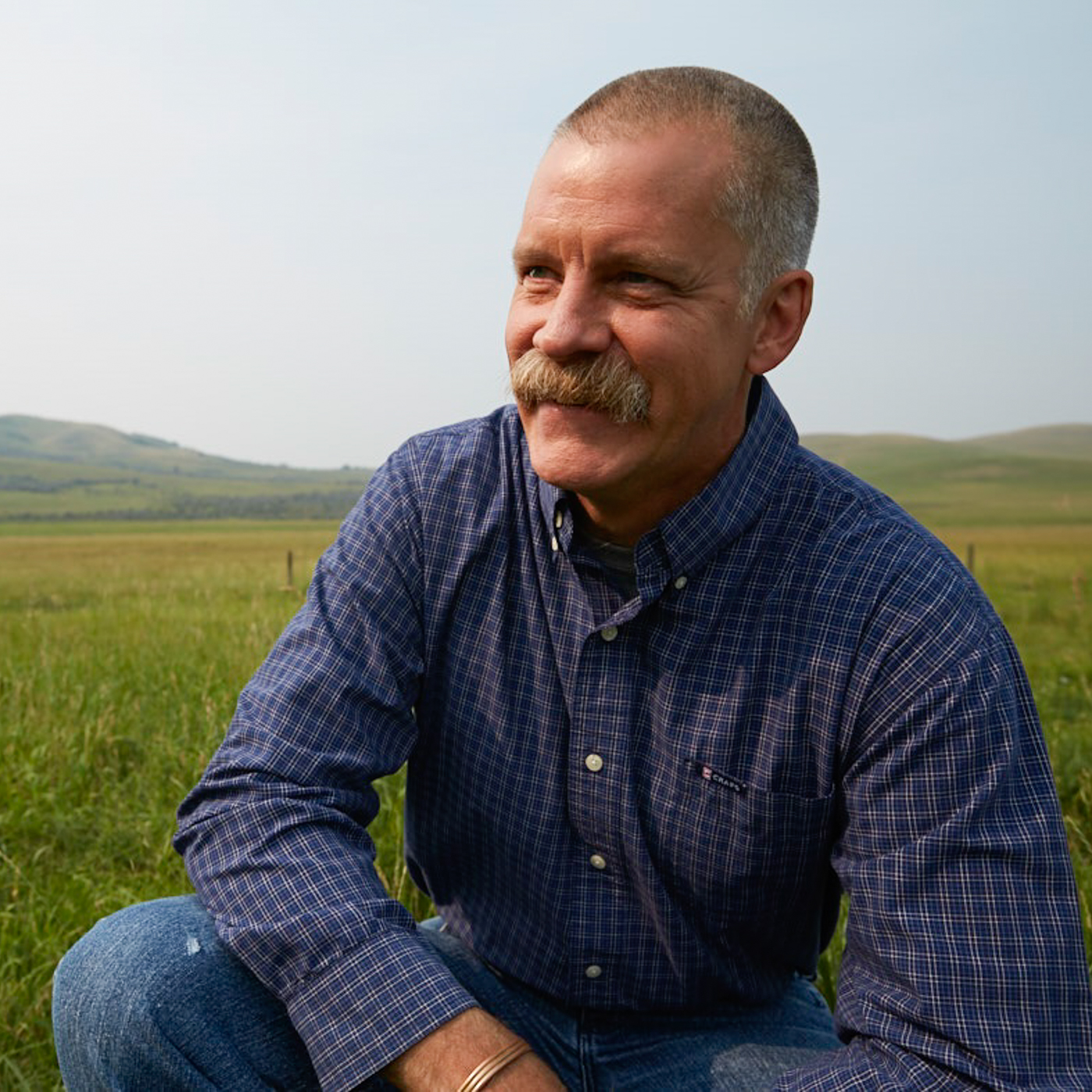
Reynold Bergen
Calgary, Alberta
Reynold Bergen provides scientific and industry expertise to the Beef Cattle Research Council and Beef Science Cluster, as the Science Director. Reynold works with industry to identify research priorities, review research proposals and scientific reports, and engages with industry and research experts on an ongoing basis. Reynold also works to gather and provide relevant research-based information for industry, public and government communications on specific issues.
Reynold has worked as a technician, research associate and post‐doctoral fellow at the universities of Saskatchewan, Manitoba, Guelph, and AAFC Lethbridge in areas ranging from live‐animal carcass evaluation of beef cattle, cold‐weather physiology of ruminants, genetics, and feeding behavior, in addition to work in technology transfer and extension with both government and private industry.
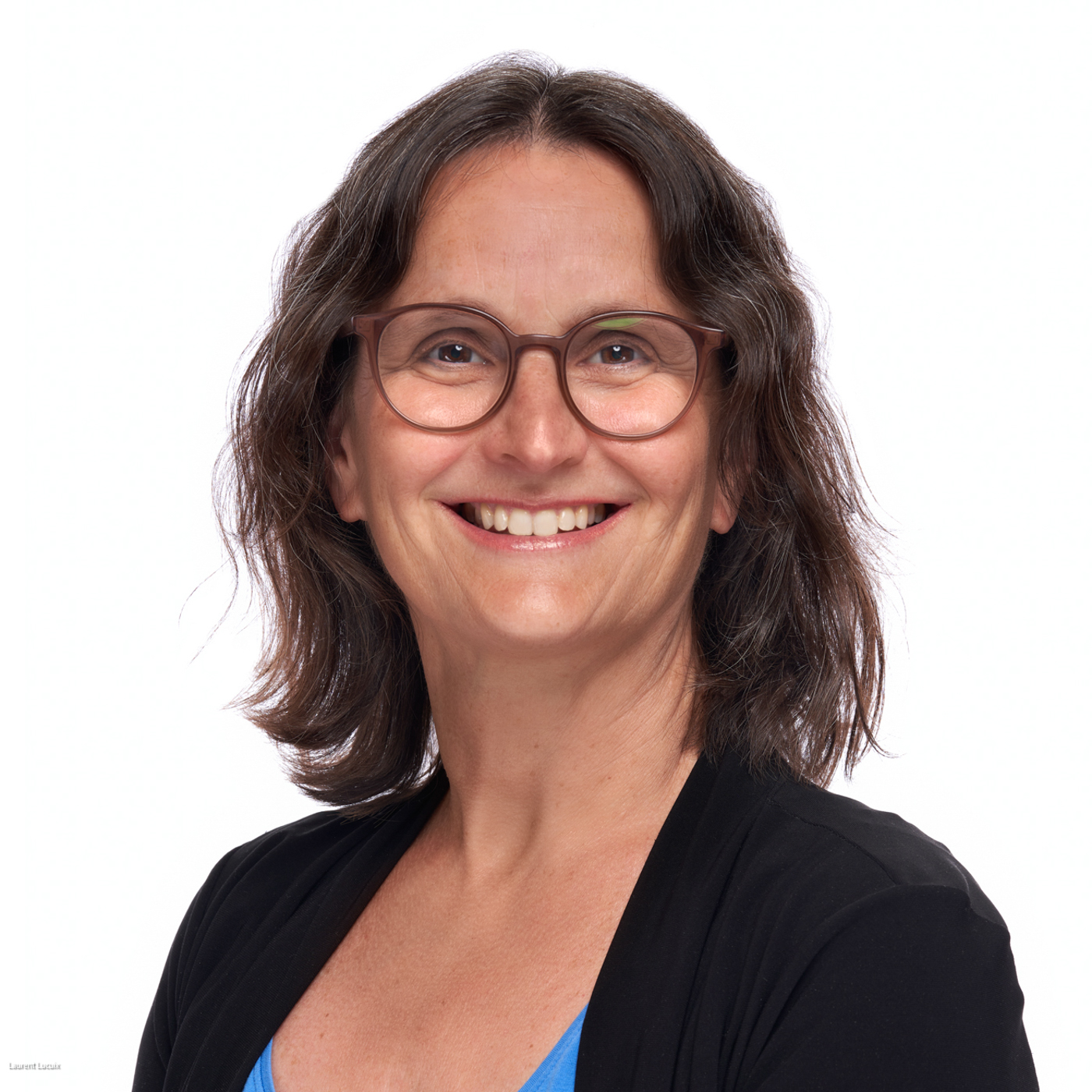
Nathalie Côté
Beloeil, Québec
Nathalie Côté is Directrice des affaires agronomiques with Les Producteurs de bovins du Québec. She had held several positions at Les Producteurs de bovins as an advisor in quality programs, welfare, animal health and environmental. Since 2001, she has been following environmental issues and has been particularly interested in the impacts of climate change and greenhouse gas emissions in beef production since 2020. She is also a member of the Beef Cattle Research Council (BCRC) management committee and participates in the analysis of research projects in beef production in Canada submitted for funding to this organization.

Christine Baes
Maryhill, Ontario
Christine Baes is a Full Professor, Canada Research Chair in Livestock Genomics, and Department Chair of Animal Biosciences Chair at the University of Guelph. Christine leads a large research program (>$25M total) which includes reducing enteric methane emissions from ruminants via both nutritional and genomic approaches as well as other areas of sustainable selection. She is involved in various large-scale livestock breeding projects (swine, horses, dairy cattle, goats, sheep, companion animals), and, together with her team, strives to bridge the gap between cutting-edge research and practical application of new knowledge. Christine has extensive knowledge in the areas of quantitative genetics, statistical genomics and genetic and genomic evaluation of livestock.
In her spare time, she runs a small farm outside of Maryhill.

Joy Agnew
Olds, Alberta
Joy Agnew has more than 10 years of experience in managing research programs. As Vice President, Research at Olds College, Joy oversees the research activities in crops, livestock, environmental stewardship, and smart agriculture while also leading the College's innovation and entrepreneurship activities, smart farm operations, and the barley and triticale breeding program at Lacombe. Joy also holds a leadership role in the development of the College's Smart Ag Ecosystem, bringing together the academic programming, applied research, strategic partnerships, smart farm operations, and extension and communication activities to help the College meet its goal to be a leader in Smart Agriculture.
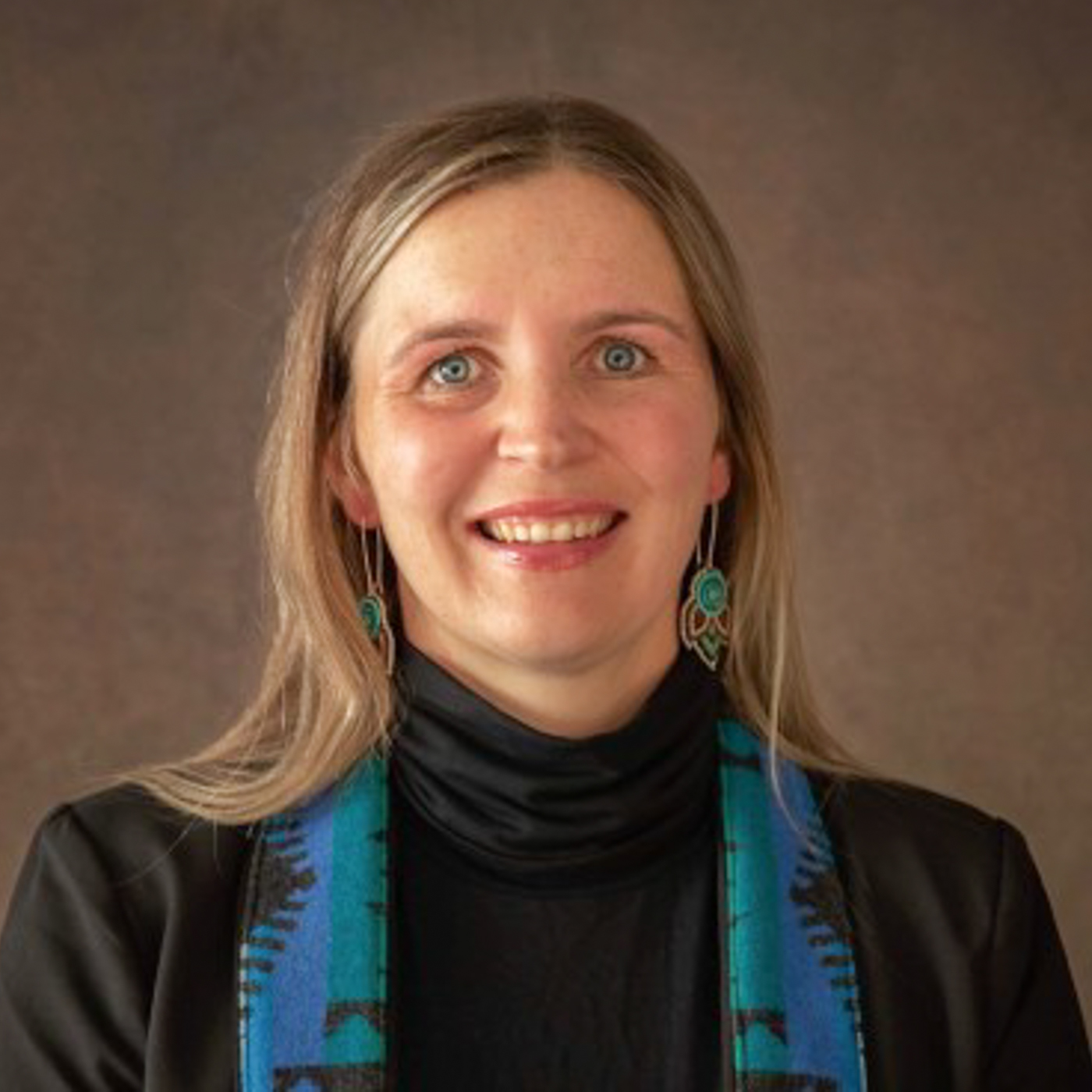
Erin Durrell
Quesnel, British Columbia
Beef Industry CEO and Principal Consultant
Erin Durrell is an entrepreneur, ranch owner/partner, and consultant. She grew up on multi-generational family ranch and has spent a lifetime involved in the beef industry and Canadian agriculture. Erin is mixed heritage of European and First Nations descent; a member of the Esk’etemc First Nation in central BC. Erin has spent over 15 years in leadership and advisory roles advancing the beef industry in sustainability, strategy, and policy creation. As a business development and management consultant she is passionate about creating space for multi stakeholder collaboration and long-term viability and innovation in agriculture, food production, first nations food security and marketing initiatives in agribusiness while maintaining a focus on ecosystem diversity and environmental longevity. Erin has held past roles on the Canadian Roundtable for Sustainable Beef Council, BC Cattlemen’s Association board of directors, the national management committee for the Verified Beef Production Plus program, the North Cariboo Agricultural Advisory Committee, and the Cariboo Chilcotin Ecosystem Restoration Steering Committee for the Fraser Basin Council. She has been involved in a number of other local and national level committees’ and boards and is a member of the Grasslands Conservation Council of BC.
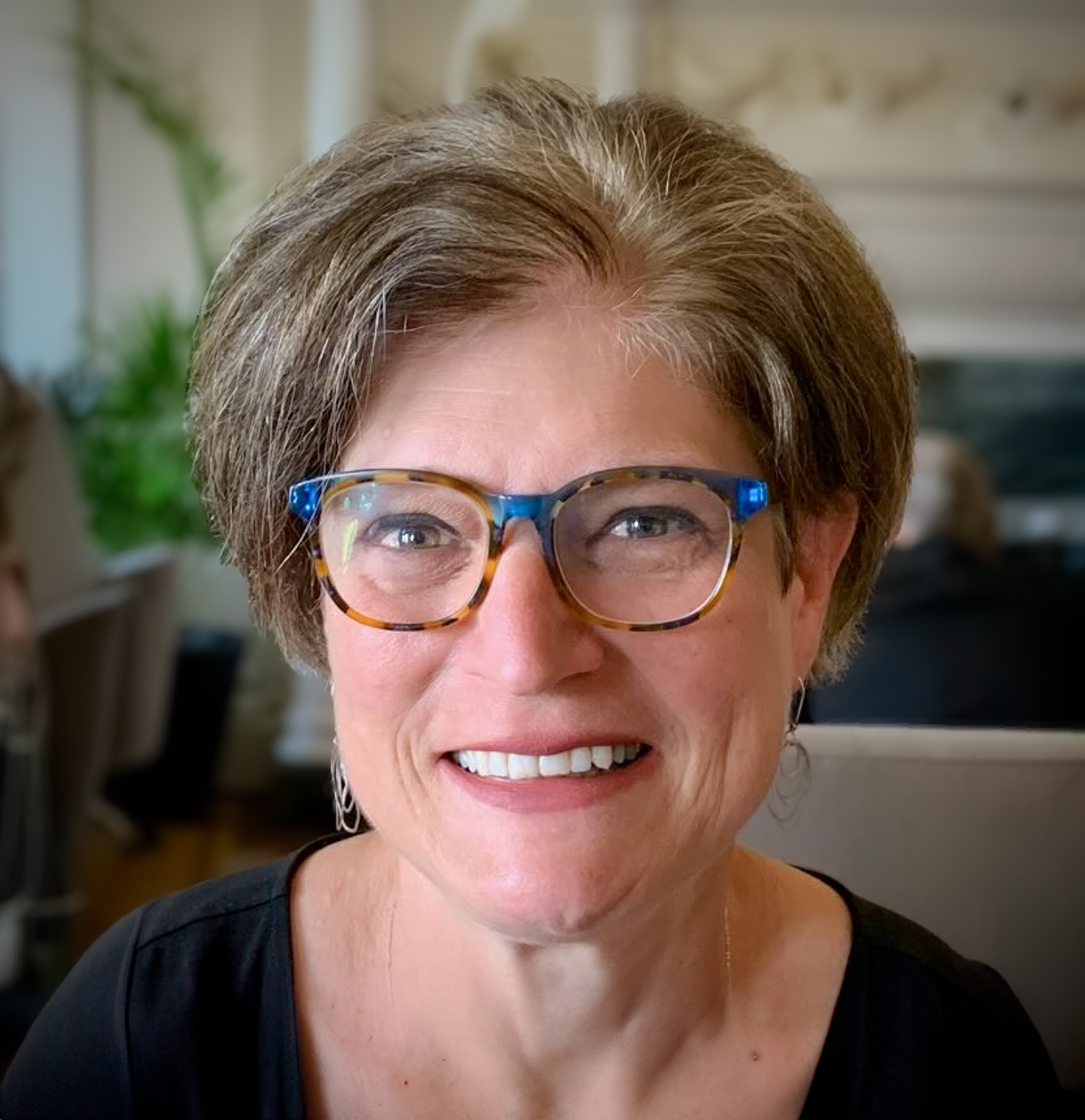
Mara Shaw
Kingston, Ontario
Mara Shaw is the Executive Director of the National Farmers Union. She holds a M.Sc. in Environmental Engineering Science from the California Institute of Technology and B.S. Honours in Chemistry from the University of Illinois, Champaign-Urbana. Mara was the Executive Director of Loving Spoonful in Kingston prior to which she managed the interface between agriculture, development, and the environment as Watershed Management Coordinator of the Cataraqui Region Conservation Authority.
Challenge details
Who can apply
- Businesses or other for-profit organizations incorporated in Canada;
- Not-for-profit organizations registered in Canada;
- Producers, producer organizations and associations within Canada;
- Indigenous (First Nations, Métis, Inuit) individuals, organizations or groups of individuals located in Canada;
- Post-secondary/academic institutions located in Canada;
- Individuals or groups of individuals based in Canada;
- Collaborations between one or more of the above categories of applicants and international parties.
Prizes
- $250,000
Up to 20 semi-finalists will be selected to receive up to $250,000 each to support the development of a technology, practice or process to reduce enteric methane emissions. - $500,000
Up to 10 finalists with the top solutions will be selected to receive up to $500,000 each to test their solution in an operational environment in partnership with the solution’s end users. - $1,000,000
Up to 2 prizes of up to $1 million will be given to the innovators who best demonstrate the widespread applicability of their solutions.
Stage 1A key dates
- November 14, 2023
Call for applications - February 7, 2024
Application deadline - Summer 2024
Announcement of 20 semi-finalists
Important resources
AAFC is looking to advance innovative, scalable and economically viable practices, processes, and technologies that contribute to the net reduction of enteric methane emissions from the cattle sector.